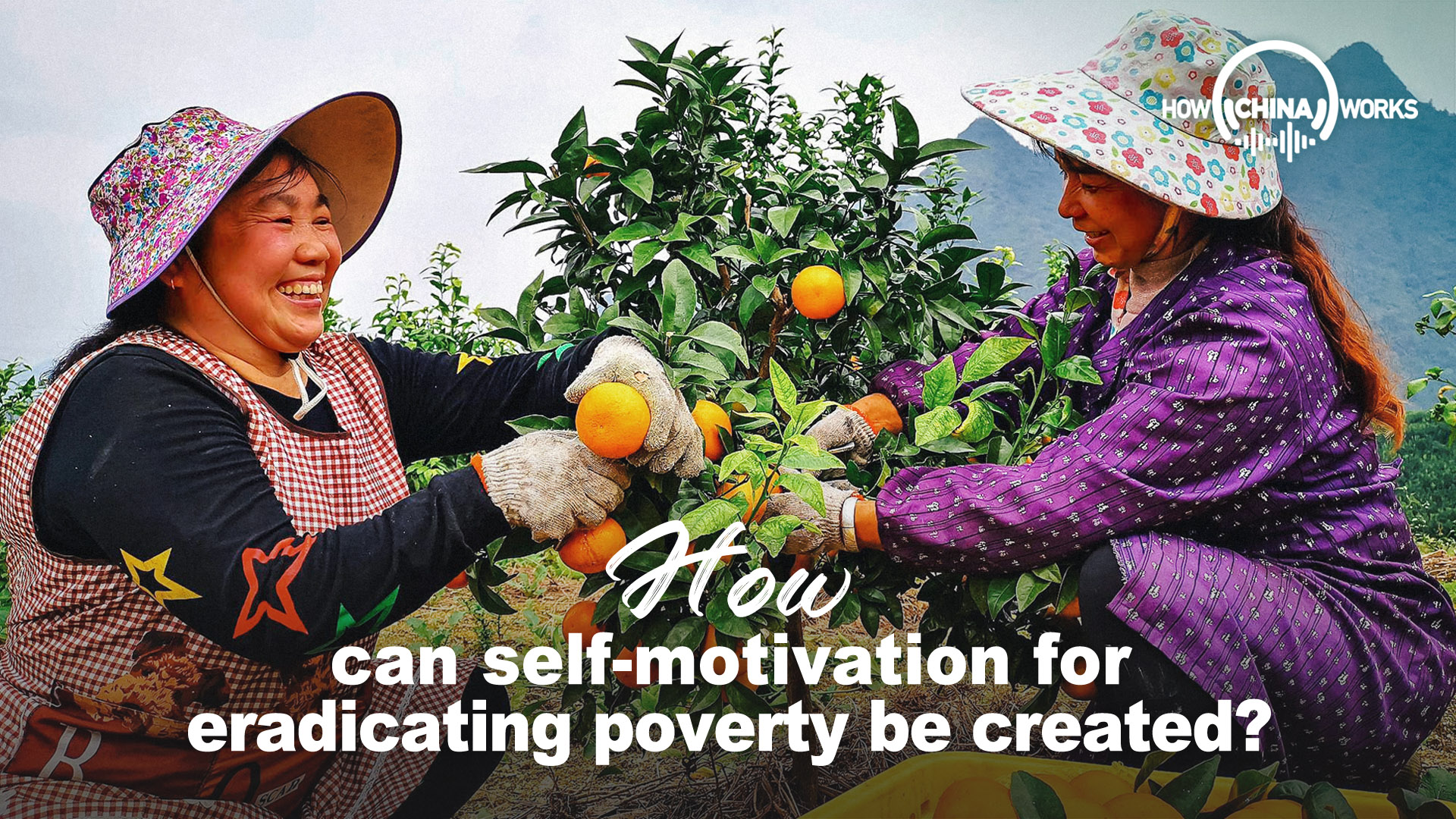By continuing to browse our site you agree to our use of cookies, revised Privacy Policy and Terms of Use. You can change your cookie settings through your browser.
- FEATURES
- PODCASTS


To win the fight against poverty, we need personnel that are focused, capable, and motivated. What impoverished areas lack most are competent personnel. In recent years, we have assigned a large number of officials and competent people to poverty-stricken areas, but in the long run, no matter how much we intensify external support in this regard, there will always be a limit on the amount of personnel that can be assigned. The fundamental solution to this problem is for poor areas to rely on their own people and officials. This year, we should make the training of officials engaged in poverty alleviation at all levels a top priority. The central leadership will focus on organizing rotational training for leading officials at the provincial level. Meanwhile, provinces, cities, and counties should all step up their training efforts at different levels. Methods of training should vary from level to level, and highlight different priorities. Training for leading officials at or above the county level should be focused on enhancing their thinking and understanding, instilling in them the right perspective on their performance, helping them master the methodology of targeted poverty alleviation, and improve their ability to analyze and overcome tough challenges. Training for low-level officials should be focused on raising their capability to deal with practical problems by adopting more practical training methods like case-based and on-the-spot learning.
In this way, we will be able to foster an uncompromising contingent of officials that are proficient in poverty alleviation and capable of fighting poverty through targeted measures. We should draw in all types of people to participate in the fight against poverty and rural development, and encourage university graduates, veterans, and those who have worked or done business in cities to return to their hometowns to innovate, start businesses, or serve as village officials. We should also care for poverty alleviation officials working at the primary level, and promote those who have made outstanding achievements to higher positions, reward those who have withstood hardships, and honor those who have made heavy sacrifices, thus encouraging officials to work diligently in the fight against poverty.
People living in poverty are not only the target group in our fight, but also the main actors in achieving the leap from poverty to prosperity. We should put greater stress on ensuring that our poverty alleviation efforts help people build the confidence and capacity to pull themselves out of poverty, stimulate the enthusiasm and initiative of the poor population, and offer them encouragement and guidance in changing their destiny through their own efforts. This will generate sustainable self-motivation for eradicating poverty.
We should improve methods of assistance, using more measures like offering people jobs rather than handouts, rewarding and subsidizing productivity, and granting labor allowances. We should mobilize people living in poverty to take part in the implementation of assistance projects and advocate more pay for more work, while refraining from monopolizing everything or simply distributing money and supplies. We should provide better education and guidance, and push people to follow the example of role models and better themselves by holding regular publicity activities and offering material rewards and moral encouragement.
We should leverage the role of village rules and folk conventions, and spread the practice of establishing councils for matters such as poverty alleviation, the deliberation of ethical issues, and weddings and funerals. We should guide people living in poverty through multiple channels in casting off outmoded conventions and customs and developing new, more civilized customs. This will also help alleviate the burdens placed on the people by outdated traditions. Role models should be leading protagonists. Their stories should be spread so that the poor are motivated and feel proud of freeing themselves from poverty, and earn a better living through hard work.
(Source: Extract from Xi Jinping's speech at a symposium on the targeted poverty alleviation campaign in Chengdu, southwest China's Sichuan Province, February 12, 2018.)
This episode is presented by Zou Yue.




